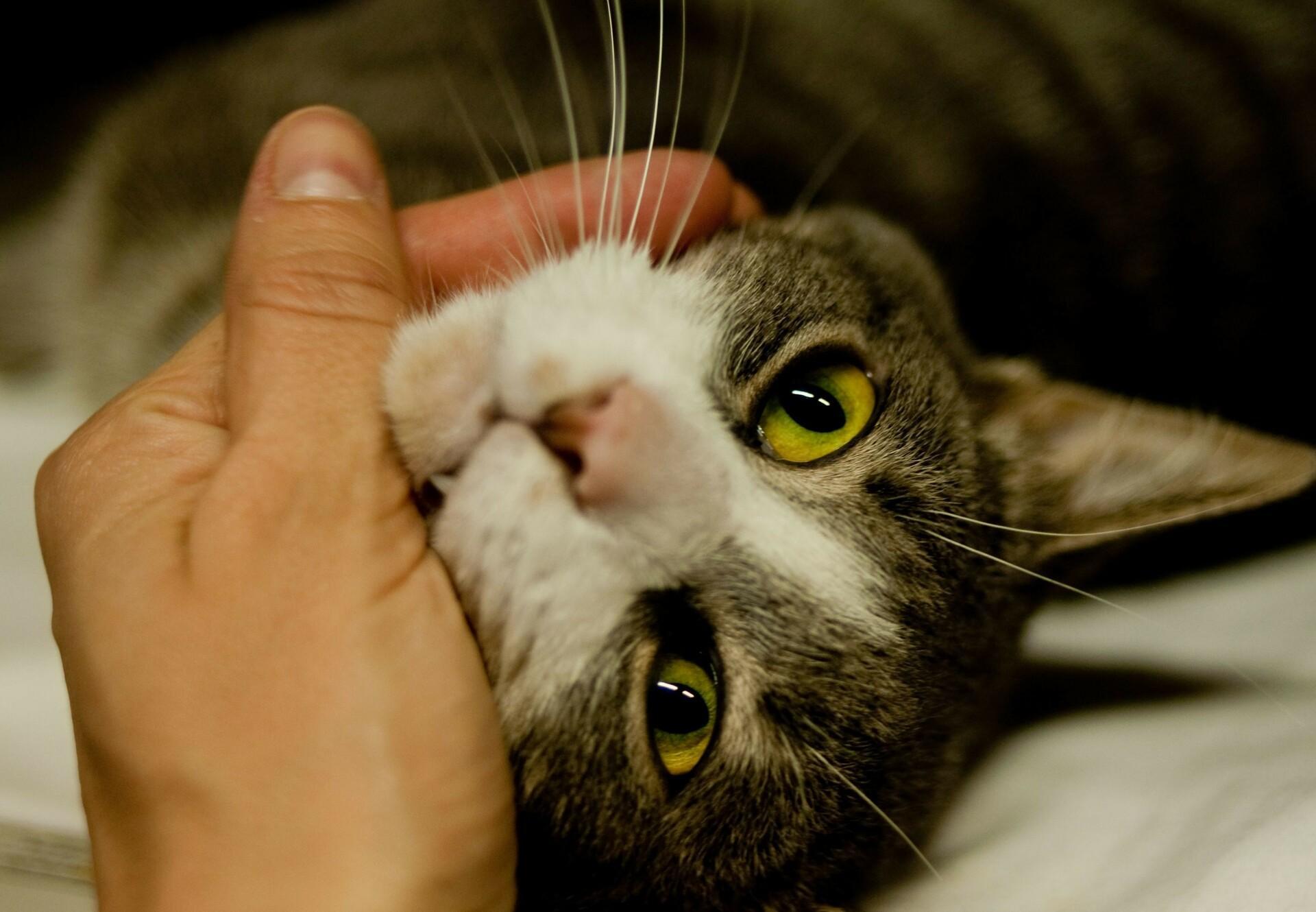
Fostering and Adopting during the Coronavirus Lockdown
FOUR PAWS Guide for Animal Lovers
Animals can be a strong emotional support in difficult times, and you might feel with all the time on your hands during the Corona lockdown, now is the perfect time to foster or adopt an animal. However, this needs to be a carefully considered undertaking. Whilst a wonderful thing to do, adoption is a long-term commitment, and fostering should not be taken lightly.
Adopt, don’t shop
As many people are working from home now to combat the further spread of COVID-19, it is certainly true that this is a good time to adopt or foster. Adopting a pet (rather than buying one) is the best way to add a new family member. There are thousands of animals in shelters, many there through no fault of their own looking for loving permanent homes. Animal shelters are always happy to be relieved of the pressure of more and more animals coming into their care, particularly in the current situation. Some people who have lost their jobs or had to reduce their working hours are feeling the financial pinch and may have been forced to relinquish their pets to a shelter. While some pets might find themselves in shelters because their owners have died of COVID-19. Some pet owners may be unnecessarily worried that their pets could transmit the corona virus to them, so hand the animals over to shelters. This fear has been proved unfounded by scientific studies and international health organisations stress that pets cannot transmit COVID-19 to humans. The current pandemic is caused by human to human transmission. Get more information on pet adoption here!
Consider the long term
Anyone considering adopting or fostering a shelter animal should bear in mind that at some point our lives will go back to normal once the lockdown has curbed the spread of the virus. It is therefore important that they ensure that they are still able to take care of the animal post the lockdown especially if adopting.
- Do you have the financial means to care for a pet for its entire life?
- Do you know enough about the animal’s needs and can you fulfil them all?
- Will you be able to walk your pet regularly?
- Who will take care of your pet if you are at work or go on holiday?
- Can you spend enough time with your pet (dogs should not be left more than 4 hours on their own)? Lifestyle needs to be carefully considered - dogs need a lot of attention and are not suitable for people who spend a large amount of their time away from home, leaving the dog on their own. Foster care needs similar consideration. After the lockdown ends, fostered animals should not have to go back to the shelter, but rather be kept until they can find a new forever home. Fostering might provide short-term relief for shelters, but when the world returns to normal, shelter animals should not be immediately returned, this is not fair on the shelter or the animal who is in foster care.
